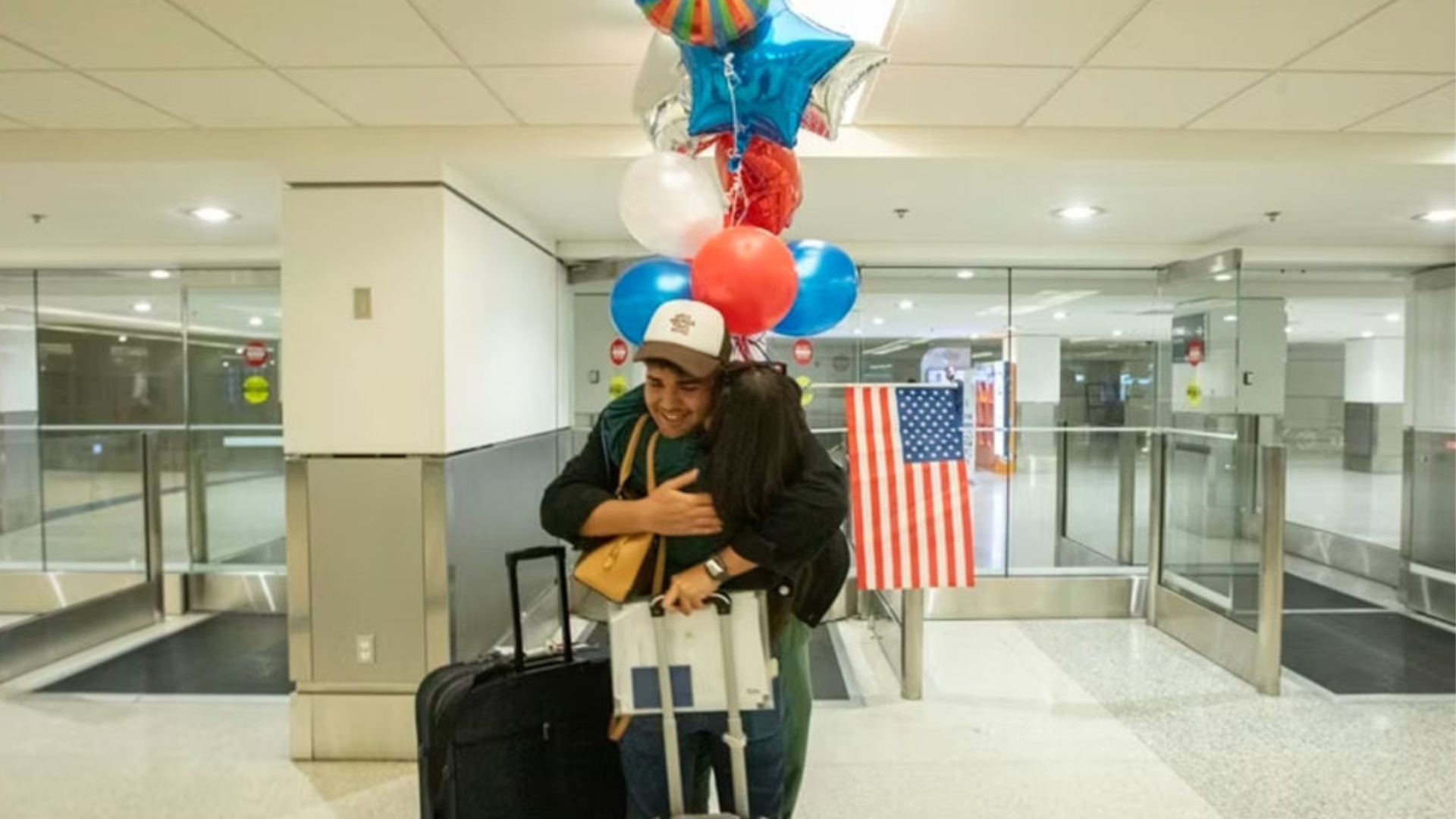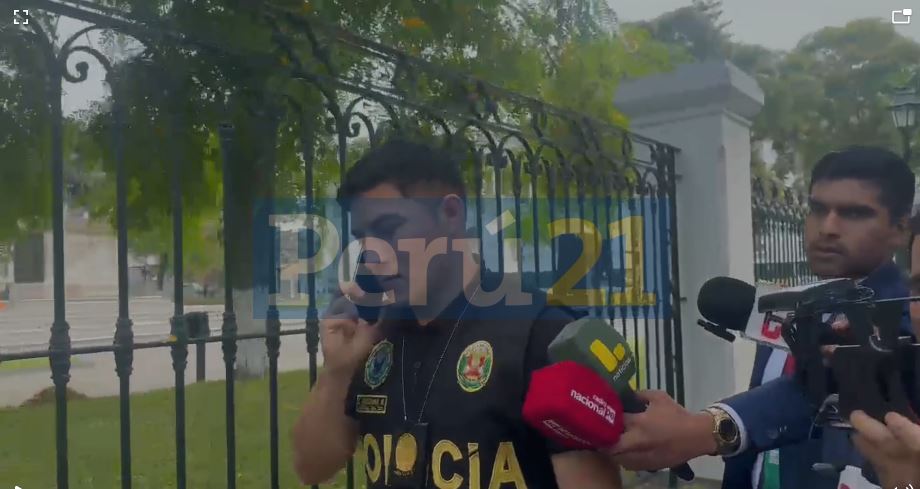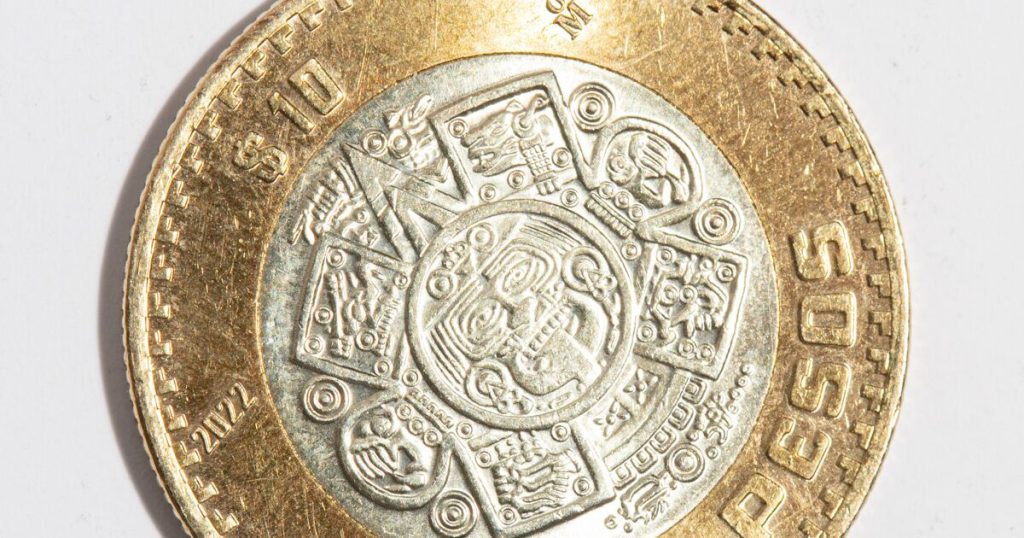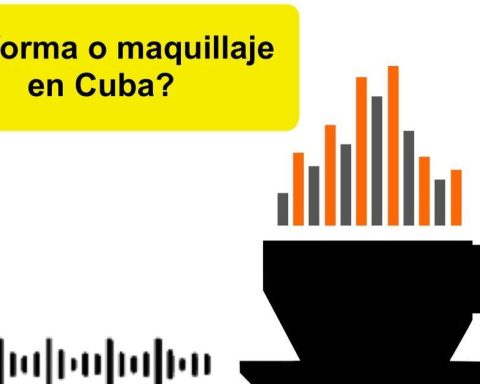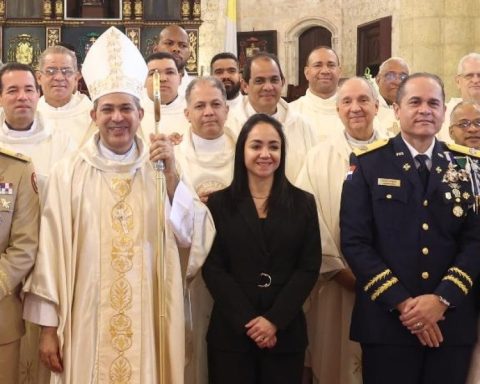The humanitarian parole program for Nicaraguans, Cubans and Haitians will turn two years old on January 5, 2025. This marks the beginning of the expiration of the term for migrants benefiting from this humanitarian visa, implemented by the government of President Joe Biden.
However, the program is at risk due to the promises of Donald Trump, who, during his election campaign, assured that he will permanently suspend it once he assumes the presidency on January 20, 2025.
Possible effects of suspension
According to lawyer Jesús Reyes, if Trump decides to end the program, it would not immediately affect the deadlines granted to beneficiaries who are already in the United States. However, the new president could sign an executive order that annuls these deadlines and begins the deportations.
Reyes also noted that pending applications would be automatically suspended. Likewise, those approved but who do not yet have travel authorization would be invalidated if the program is eliminated.
Approvals decrease
The United States Customs and Border Protection (CBP), in its most recent report, indicated that in November 2024 only 50 people entered the country under the humanitarian program. Of these, 10 were Nicaraguans, 10 Venezuelans and 30 Haitians; no Cuban was admitted.
In August 2024, the program faced a temporary suspension due to fraud allegations. Since then, approvals have decreased significantly, contrasting with the initial months in which the Biden government promised 30,000 visas per month for the four benefited nationalities.
«We have seen almost no movement, as if the program was paralyzed. “What the government has just revealed was an open secret,” said lawyer Ángel Baullosa in statements to an international network.
Recommendations for beneficiaries
Migration experts advise humanitarian parole beneficiaries to explore alternatives such as asylum, an employment visa or a family petition before January 20. They warn that, before deportation, migrants must face several judicial processes.
According to specialized lawyers, Nicaraguans on parole do not qualify for Temporary Protected Status (TPS), even though Nicaragua is included in the program. This is because only those who have resided in the United States continuously since December 30, 1998 and have remained in the country since January 5, 1999 are eligible for TPS, according to the Citizenship and Immigration Services (USCIS).
The Department of Homeland Security reiterated that those who are not granted asylum or other immigration benefits must leave the United States at the expiration of their authorized two-year period or face deportation proceedings.
Current figures
Until November 2024, CBP reported that 531,670 people of the four nationalities benefited from the program. Of them, 93,070 were Nicaraguans. However, approvals are estimated to have decreased by 98% since the program’s inception.
